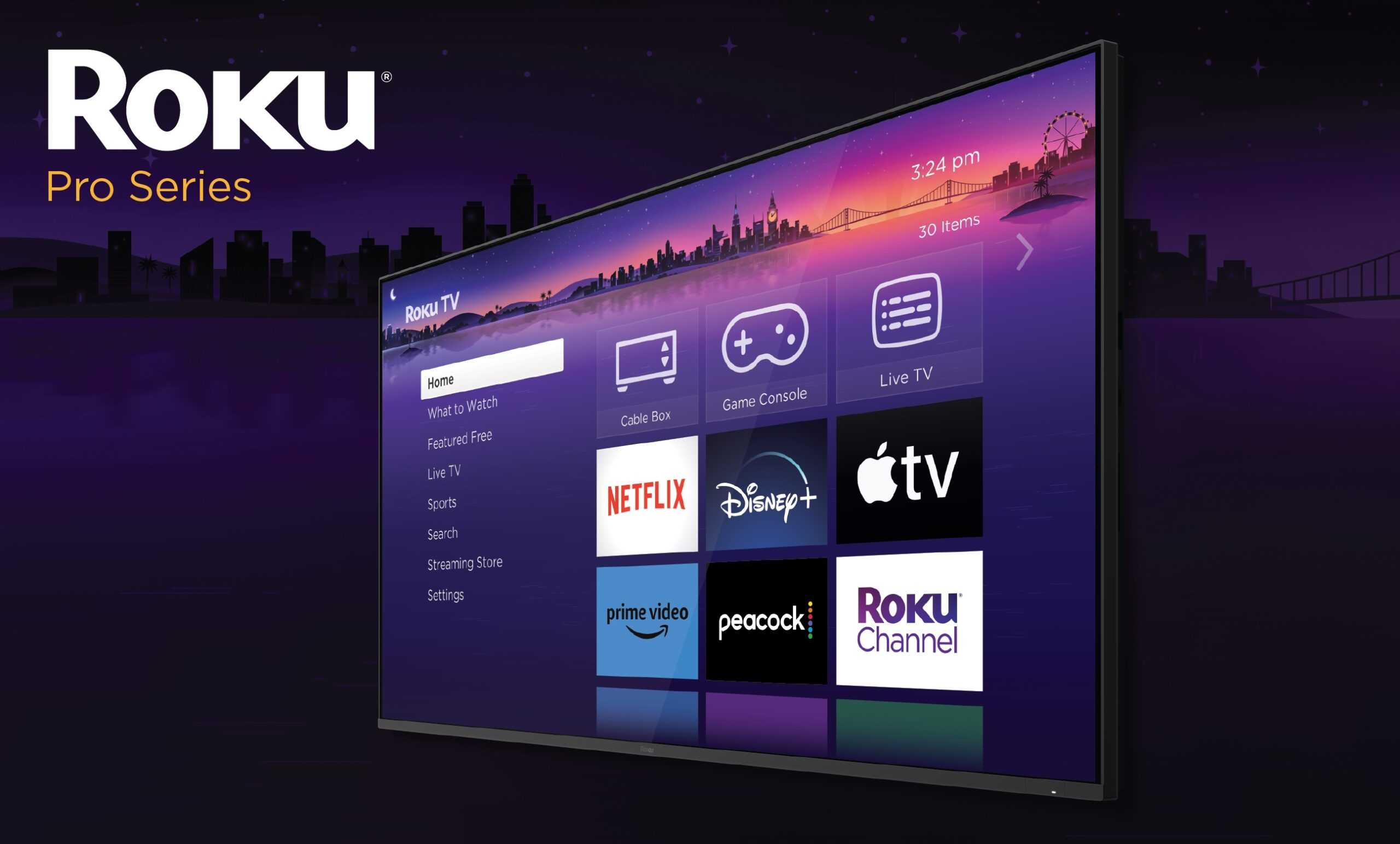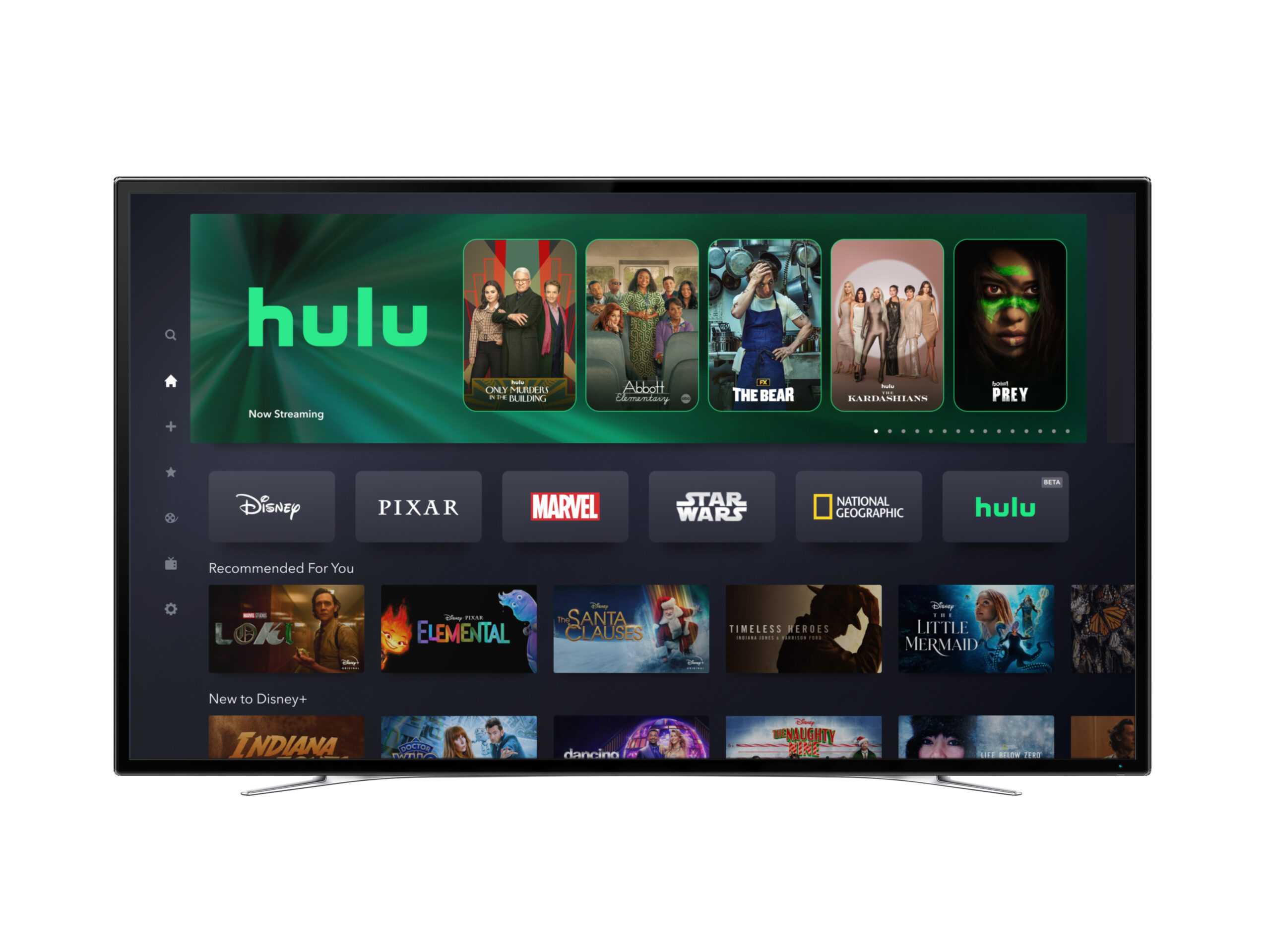Disney’s foray into the streaming universe has been a screaming success – so much so that less than a year and a half after launching Disney+, the service has garnered over 100 million subscribers and is already raising prices. The new monthly price ($7.99) is $1 more, and the hike also impacts the Disney Bundle, which adds Hulu and ESPN+, which now costs $13.99 per month (or $19.99 for viewers who opt for ad-free Hulu).
Executives at the Mouse House had initially forecast that Disney+ would reach between 60 and 90 million subscribers by 2024. Given how quickly the streaming service has blown past those figures, Disney is now targeting between 300 and 350 million subscribers across all its streaming properties by 2024.
Disney likely has benefitted from the pandemic as entertainment-hungry viewers continually seek out new shows to binge watch. That said, without the right content, Disney+ would not have achieved such stellar subscriber numbers at this point. In addition to its sizable back catalog of Disney, Star Wars, and Marvel films, new content such as The Mandalorian, WandaVision, and most recently, The Falcon and The Winter Soldier, has kept cancellations at bay. In fact, WandaVision reportedly had a larger audience than Netflix’s popular Bridgerton in January, while Disney said that The Falcon and The Winter Soldier enjoyed the biggest series premiere for the streaming service during its weekend debut on March 19th.
Star Wars and Marvel fans are some of the most passionate for any entertainment IP and they continue to ravenously consume anything Disney+ airs. The service has no plans to slow down, with 10 Star Wars series and 10 Marvel series, respectively, debuting on the platform sometime before 2023. While Disney does a good job in providing children’s entertainment, the data indicates that adult comedy and action-oriented fare are leading drivers of success.
According to Interpret’s New Media Measure®, 76% of Disney+ subscribers in the US state that they enjoy comedy, and 66% are positive on action-adventure, compared to 56% who enjoy family entertainment.







